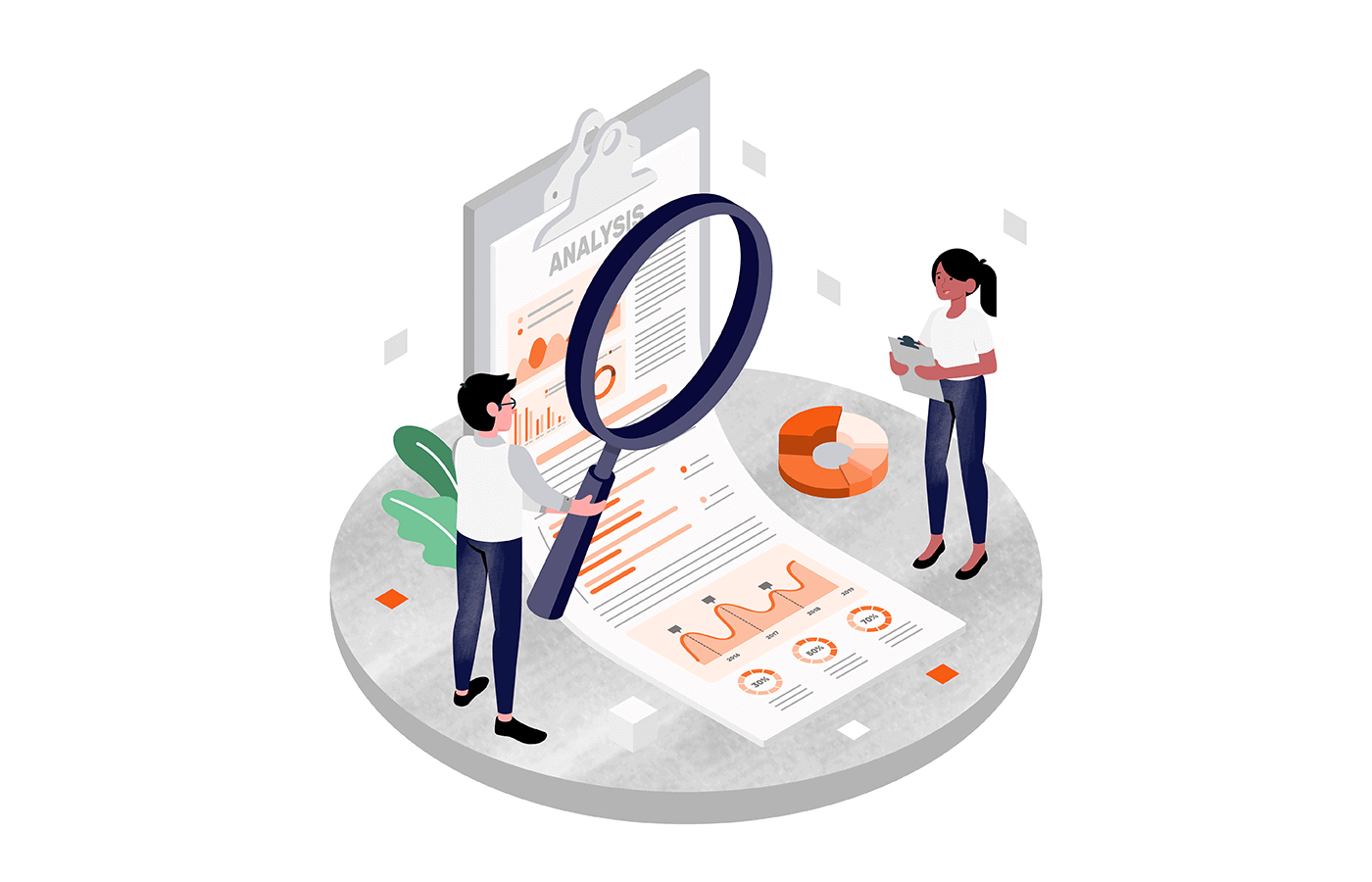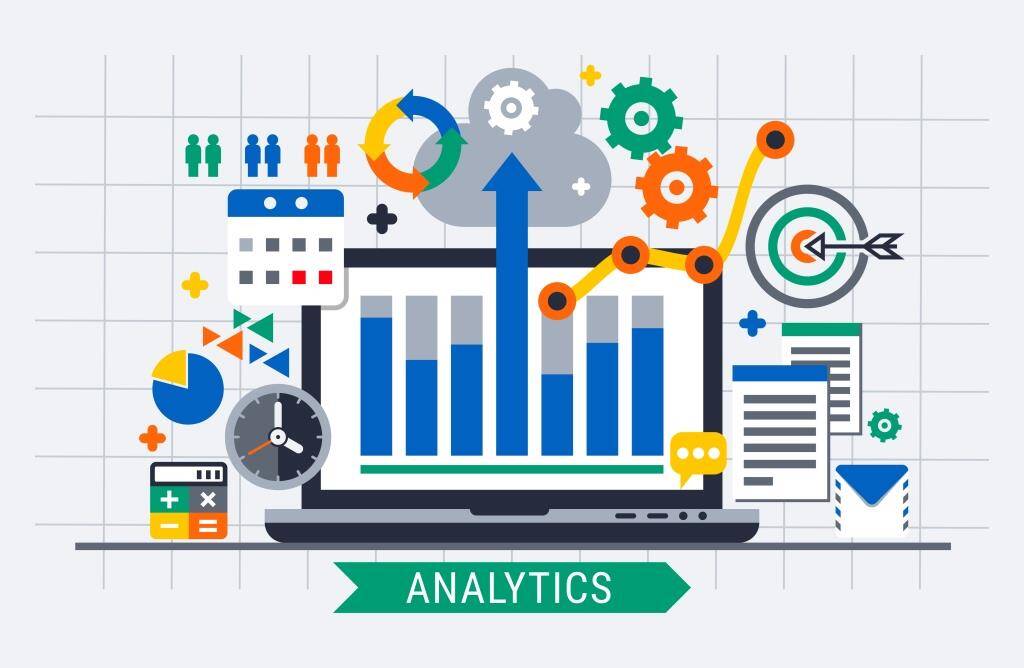Boost Your Procedures with Intelligent Analytics Equipments
Wiki Article
Boost Performance and Success With Data Analytics
In today's data-driven landscape, services are increasingly identifying the critical duty of data analytics in improving operational effectiveness and productivity. By systematically assessing data, companies can uncover important insights that notify critical decisions, enhance procedures, and tailor consumer experiences.Understanding Data Analytics
In today's data-driven landscape, comprehending information analytics is important for companies intending to boost operational performance and drive profitability. Data analytics involves the methodical computational evaluation of information collections to uncover patterns, connections, and understandings that educate decision-making. By employing various methods, such as analytical evaluation, artificial intelligence, and predictive modeling, organizations can transform raw data into workable knowledge.The process generally starts with information collection, where pertinent details is collected from multiple sources, including transactional databases, customer interactions, and market trends. This data is then cleaned and organized to guarantee accuracy and consistency. As soon as the information is prepared, logical tools and software are made use of to check out and envision the information, enabling stakeholders to identify patterns and abnormalities.
Inevitably, recognizing information analytics empowers organizations to make educated decisions based on empirical evidence as opposed to intuition. It assists in targeted approaches that can maximize resource appropriation, enhance customer fulfillment, and enhance overall efficiency. As services progressively recognize the worth of data-driven understandings, a solid grip of information analytics ends up being a vital competency for leaders and teams alike, positioning them for sustained success in an affordable environment.

Trick Benefits for Organizations
Services that leverage information analytics can unlock a wide variety of benefits that considerably boost their procedures and success. One of the main advantages is boosted decision-making. Information analytics gives actionable insights obtained from real-time information, permitting companies to make informed selections that line up with market needs and consumer choices.
Additionally, data analytics promotes boosted customer experiences. By understanding client behaviors and preferences, businesses can customize their offerings, bring about increased complete satisfaction and commitment. This individualized strategy typically leads to greater conversion rates and repeat service.
Moreover, data analytics enables companies to recognize arising trends and opportunities. By staying in advance of the curve, companies can take advantage of new markets and innovations prior to their competitors.
Executing Data-Driven Strategies
Effective implementation of data-driven approaches requires a thorough understanding of both readily available data and business goals resources. Organizations should initially specify their objectives clearly, guaranteeing placement between data efforts and strategic objectives. This quality allows teams to focus on pertinent great post to read metrics and insights that drive decision-making.Next, businesses must assess their existing data infrastructure. This entails examining information quality, access, and combination capabilities. Top notch information is crucial for precise analysis, as bad information can cause misguided strategies and squandered sources. Organizations needs to establish processes for information collection, cleaning, and monitoring to More Help maintain data stability.
In addition, cultivating a data-driven culture is crucial. Staff members at all levels must be urged to leverage data in their everyday procedures. Training workshops and programs can enhance information proficiency, encouraging team to make informed choices based on analytical insights.
Devices and Technologies Overview
A durable collection of devices and innovations is crucial for companies aiming to harness the full capacity of data analytics. These devices promote the collection, handling, and visualization of information, allowing services to derive actionable insights.At the foundational degree, information monitoring platforms such as SQL data sources and NoSQL systems supply efficient information storage space and access abilities. For data handling and evaluation, programming languages like Python and R, together with frameworks such as Apache Glow, make it possible for complex calculations and equipment learning applications.
Visualization tools, including Tableau and Power BI, transform raw data into instinctive visual styles, making insights available to stakeholders at all levels. Additionally, cloud-based systems like Google Cloud and AWS provide scalable storage space and processing solutions, suiting the expanding volumes of data companies experience.
For sophisticated analytics, predictive modeling and AI-driven solutions are progressively adopted, permitting business to forecast patterns and boost decision-making processes. Integrating these tools right into existing process is paramount; companies that successfully leverage this technology can substantially improve operational effectiveness and drive earnings. Hence, purchasing the right devices and technologies is a calculated critical for any type of data-driven organization.
Situation Researches of Success
Leveraging information analytics has actually led countless organizations to accomplish remarkable enhancements in effectiveness and productivity. One notable case is a large retail chain that implemented anticipating analytics to optimize inventory management. By assessing historic sales information and customer trends, the company lowered excess inventory by 30%, causing significant price financial savings and improved money flow.One more instance content can be discovered in the manufacturing market, where a leading vehicle producer used information analytics to boost its production processes. By keeping track of machine performance in real-time, the organization determined ineffectiveness and bottlenecks, resulting in a 20% increase in overall equipment efficiency (OEE) This not only enhanced manufacturing rates yet likewise reduced downtime and maintenance expenses.

These situation researches show exactly how information analytics can drive critical decision-making, optimize processes, and eventually enhance both effectiveness and earnings across different fields.
Verdict
In final thought, the assimilation of data analytics into business operations provides substantial possibilities for improving performance and productivity. By systematically evaluating information, organizations can determine inefficiencies, maximize consumer experiences, and make notified choices.In today's data-driven landscape, comprehending information analytics is vital for companies intending to improve operational efficiency and drive productivity. Information analytics entails the organized computational evaluation of information collections to uncover patterns, connections, and understandings that educate decision-making. Information analytics offers workable understandings derived from real-time information, permitting services to make educated selections that line up with market demands and consumer preferences.
Top quality data is necessary for precise analysis, as bad information can lead to misdirected techniques and lost sources. Organizations needs to develop processes for data collection, cleaning, and management to keep information stability.
Report this wiki page